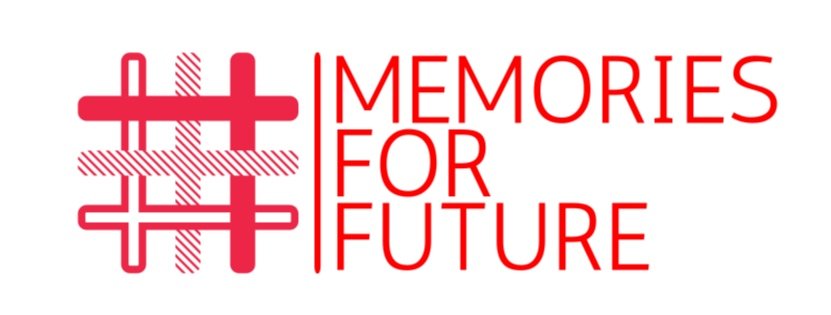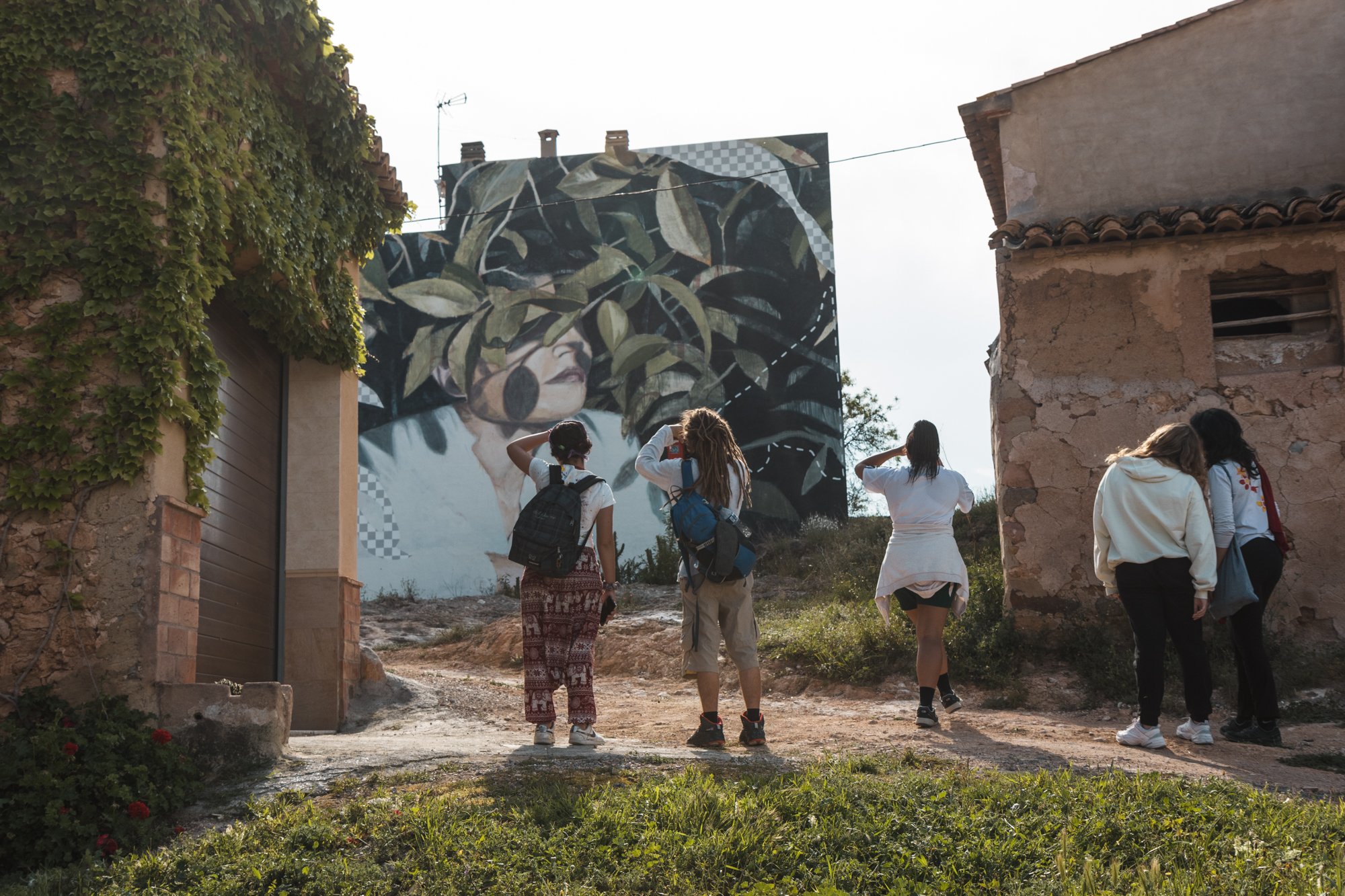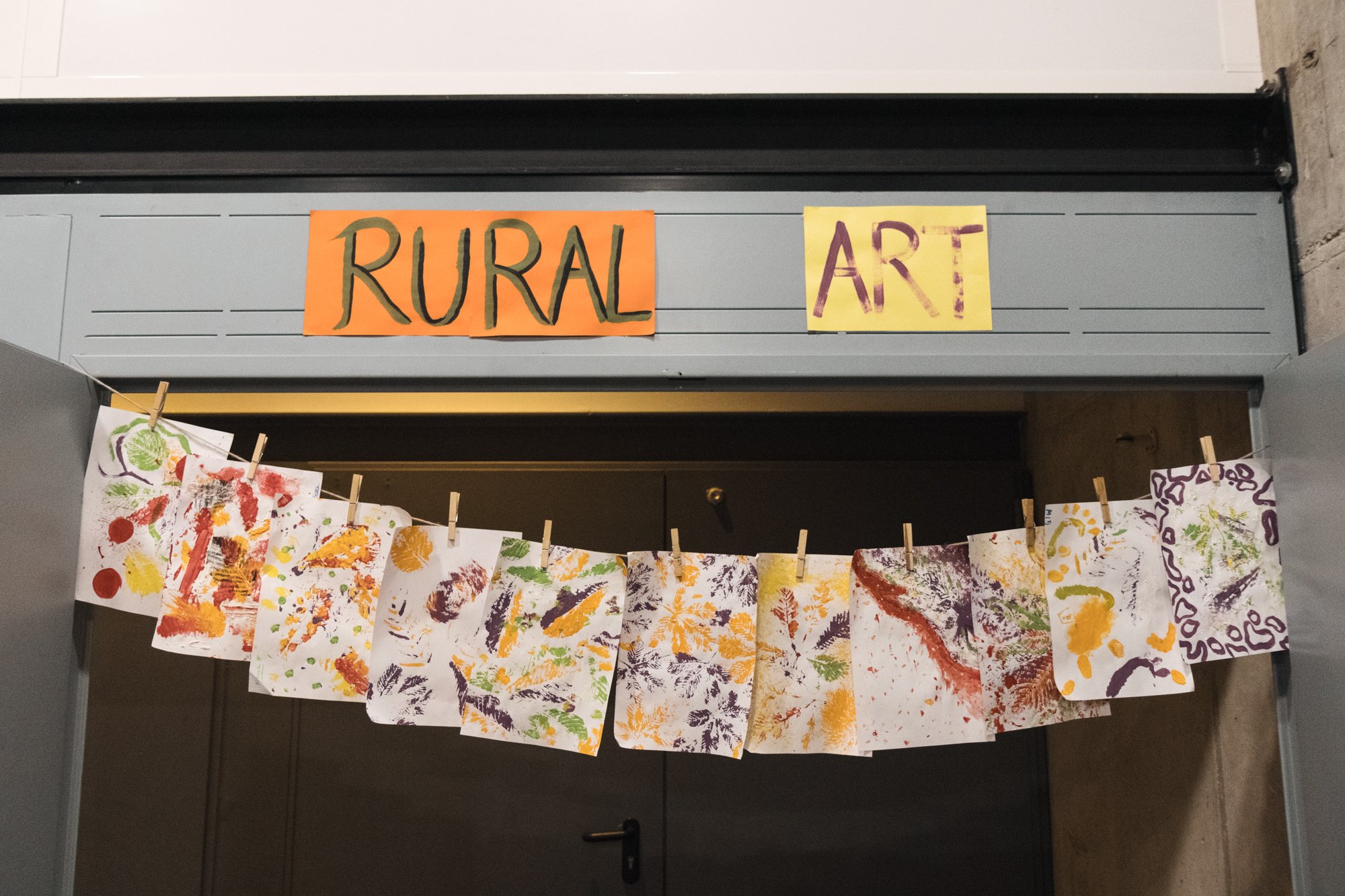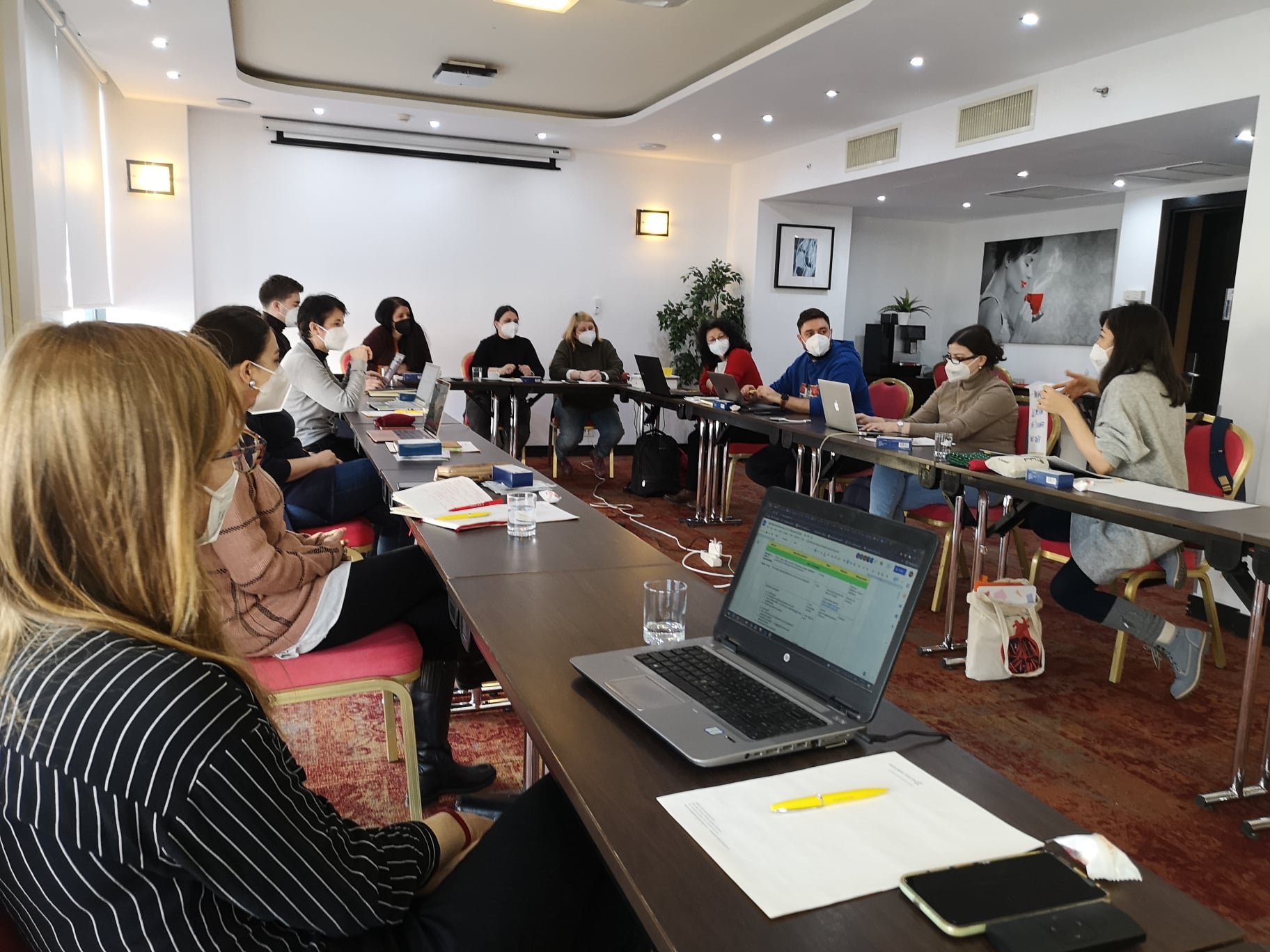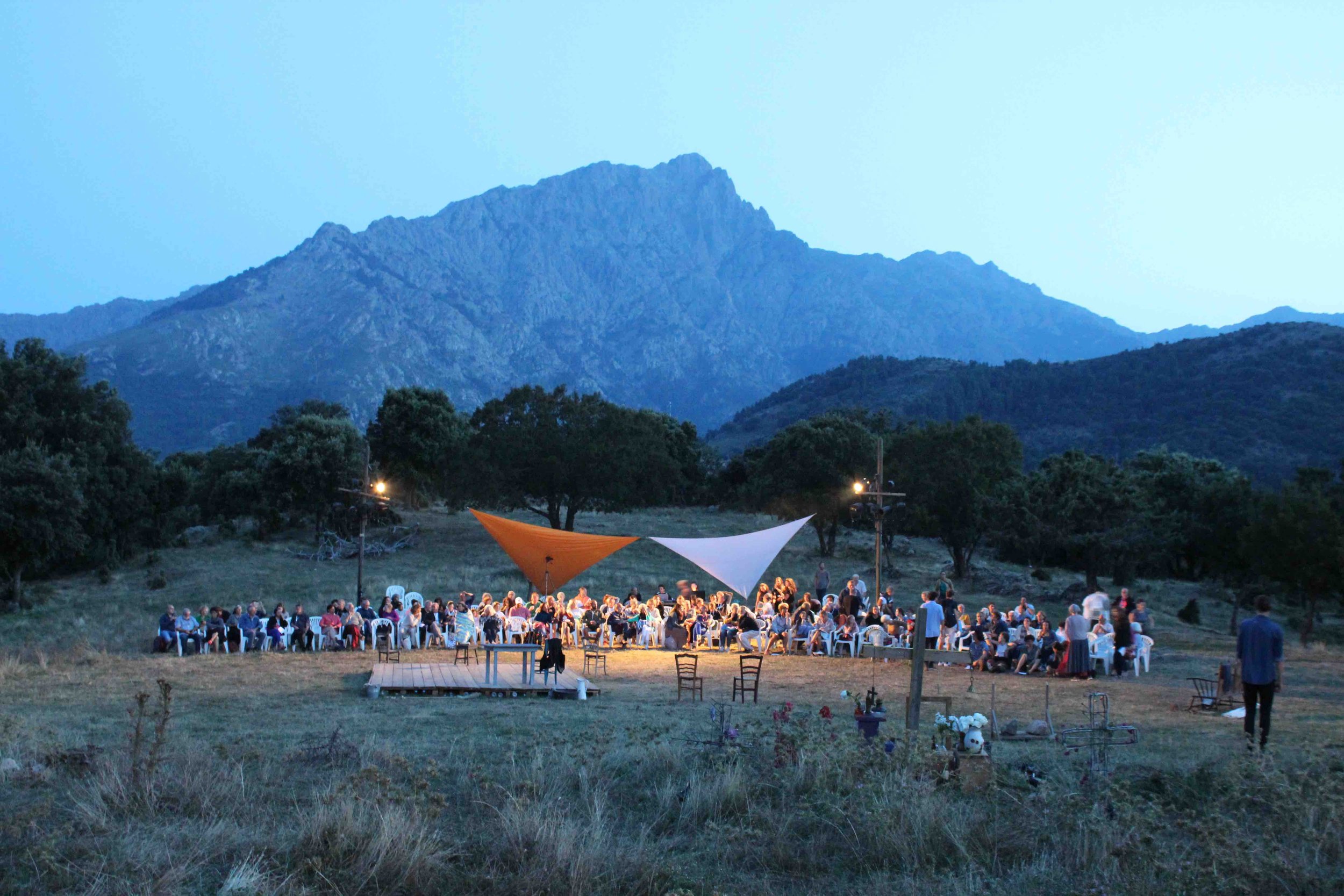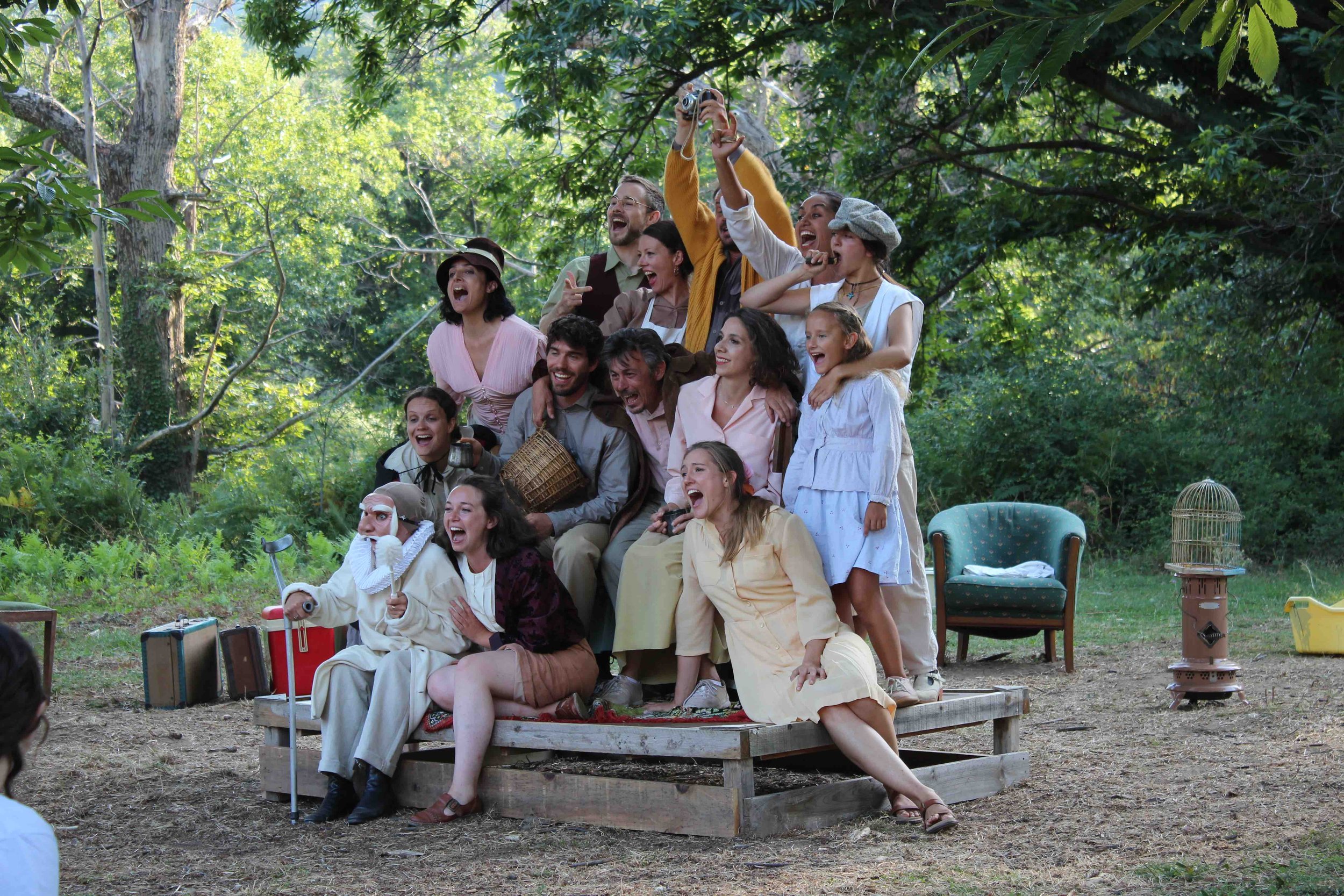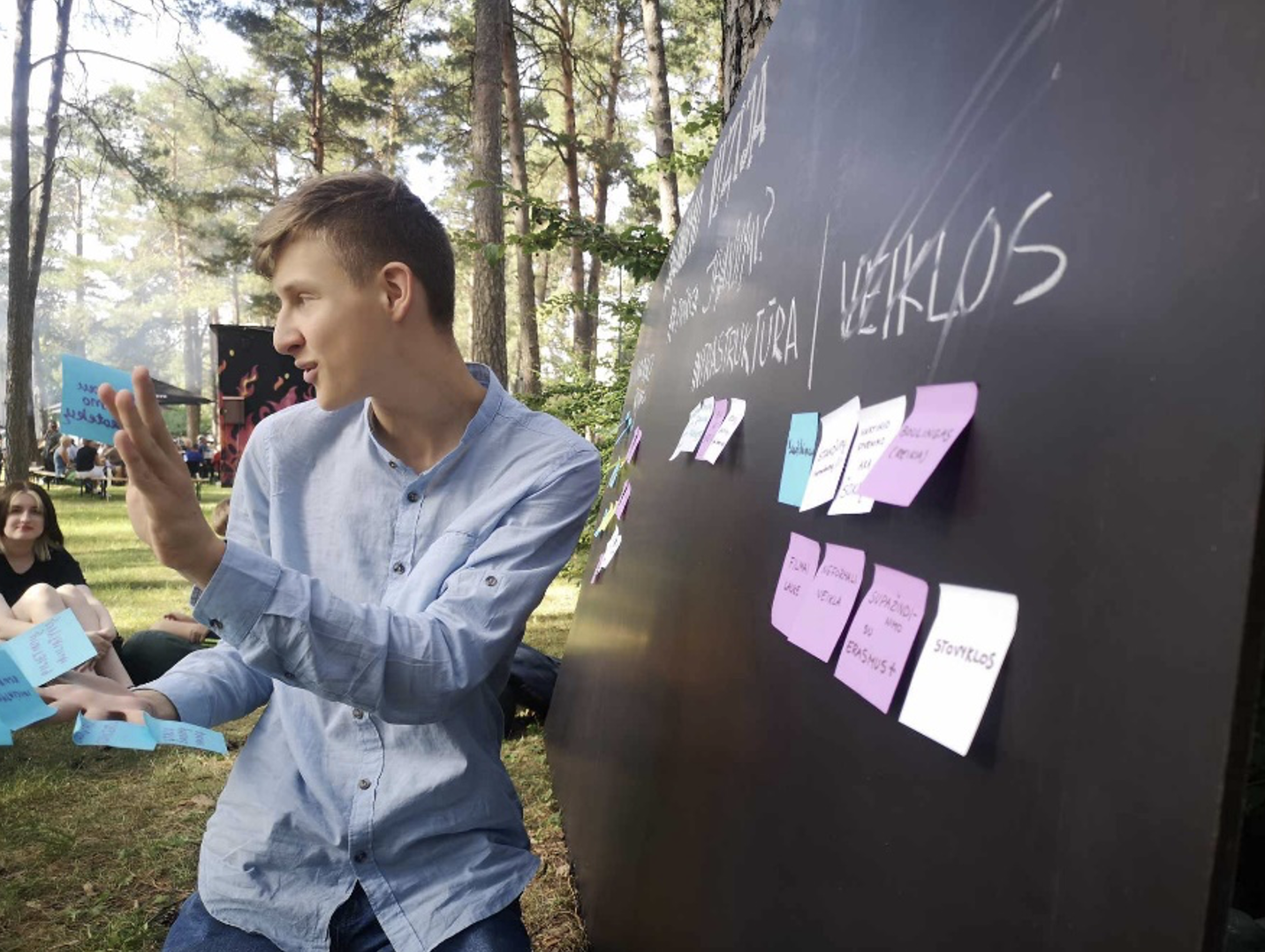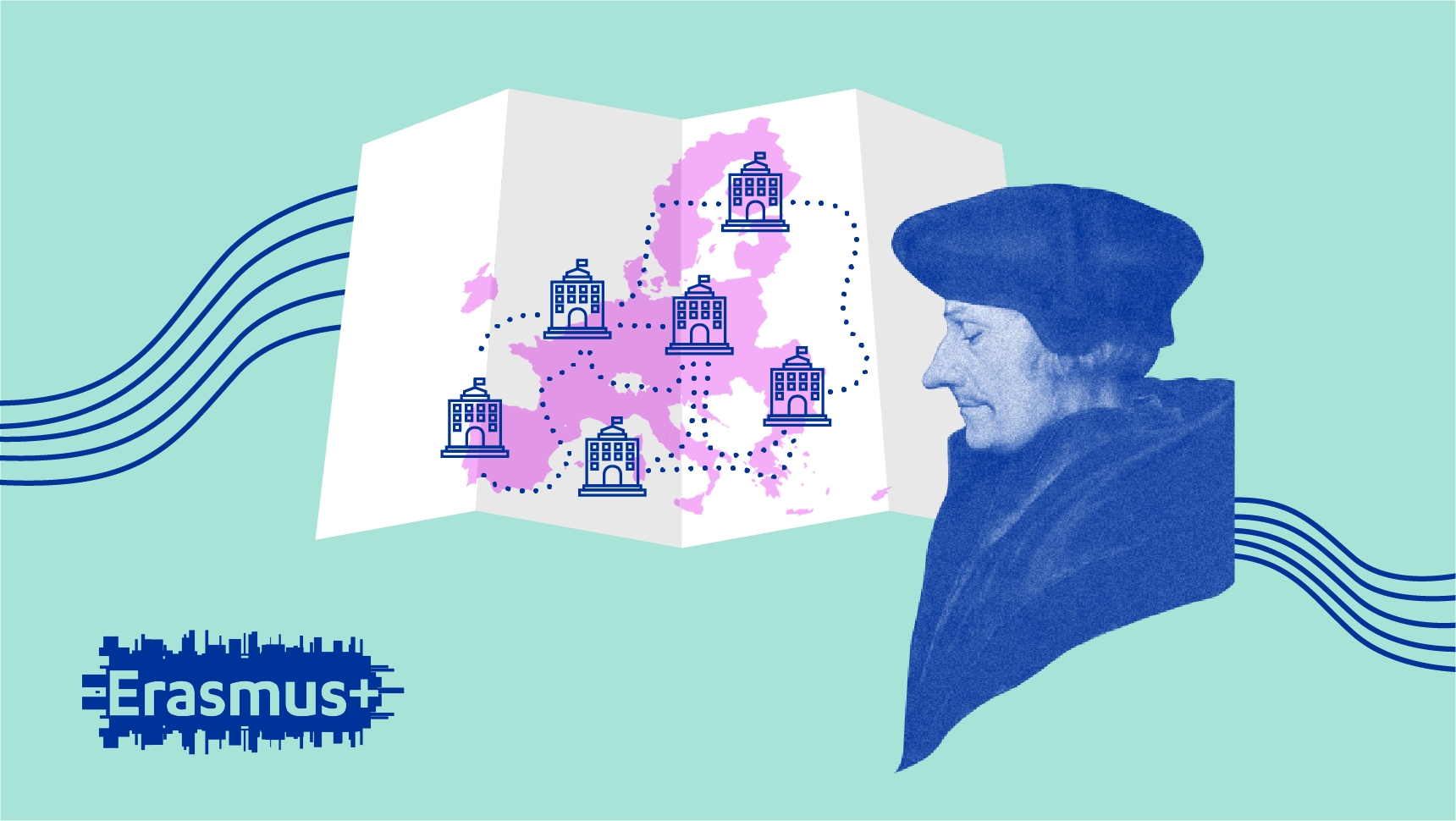France. Romania. Spain. Finland. Lithuania.
We’re a team of Europeans from 6 organisations passionate about youth empowerment.
Wendell Phillips
“The heritage of the past is the seed that brings forth the harvest of the future.”
Marcus Garvey
“A people without the knowledge of their past history, origin and culture is like a tree without roots.”
So who are we?
Spain (Aragon region)
CEDEMAR is an Association for the comprehensive development of two territories: Ribera Baja del Ebro and Bajo Aragón Caspe – Baix Aragó Casp. It is one of the 20 Local Action Groups working in Aragon, whose main mission is to design and execute strategies to strengthen the economic, social, patrimonial, cultural and environmental fabric of the rural territory, mainly through the management of EAFRD funds.
Spain (Valencia Region)
The EUROPIMPULSE NETWORK association was born in 2018 to support networking activities among local people and organizations interested in developing European strategies following a bottom-up approach.
In recent years, the network's efforts have focused on the creation and development of physical and/or virtual spaces for meeting and exchange from the so-called peripheries (whether geographical, economic, social or cultural) to foster participation, collaboration and the emergence of new narratives adapted to the realities of these territories. Mainly through actions developed by the European Union, work has been done to promote the participation of civil society, seeking to break the isolation of cultural operators and youth in rural areas, thus facilitating meetings, mutual learning and fostering collaboration among them.
(associated partner)
La Ponte-Ecomuseu was founded in 2013 in Asturias, Spain. It aims at preserving and enhancing Santo Adriano’s cultural-natural and tangible-intangible heritage with a strong focus on community engagement. The project promote research, open science and active participation.
Romania
The Young Initiative Association (AYI) is a Romanian educational NGO that was founded in 2009. Our mission is to empower people through education. We do that through 3 main pillars of action: Social Inclusion, Youth Empowerment and NGO Development.
AYI is mainly supporting the capacity-building of nonprofit organizations to better serve their communities, as well as the development of young people through educational activities.
(The Regional Council of Ostrobothnia)
Finland
The mission of the Ostrobothnian Children’s Culture Network Bark is to provide equal opportunities for children and youth to engage in high-class cultural experiences and to promote children’s culture in Ostrobothnia and the city of Kokkola.
Bark has a great deal of knowledge of cultural heritage pedagogy and the Time Travel method. The network’s activities also encompass other forms of culture and art, such as visual arts, dance, environmental art, and word art. We always work in two languages (Finnish and Swedish) – sometimes even more – and are included in the Finnish Ministry of Education and Culture’s network of children’s cultural centers. Administratively, we belong to the Regional Council of Ostrobothnia.
France (Corsica)
The ARIA association (Association des Rencontres Internationales Artistiques) was founded in 1998 by Robin Renucci, and works to support artistic and cultural practices. For the past twenty-five years, Aria has been developing a theatrical creation project focused on individual and collective education and training. Its activities take place throughout the year and are aimed at all audiences who share its popular education approach, which aims to give everyone the means to achieve individual and collective emancipation.
Lithuania
The Eurobug Lithuania association is a youth-led NGO that was established by active youth in 2018. Our main goal is to create a space for young people to present their ideas and "put" them in the framework of non-formal education. Since then, we have operated in local, national and international dimensions. Our thematic focus is on the inclusion of marginalized youth with specific emphases on refugees and rural youth.
We are located in a rural area in Merkines Cultural Center, which is a public institution and associated partner in this project.
(associated partner)
VKC focus is placed on organizing quality leisure time for various groups of society seeking to meet the cultural needs of the local communities. Varėna cultural center (VKC) has 16 structural departments and a craft center with 25 cultural and artistic employees. Each structural department is in different towns and villages in Varena region, which is the largest and least populated region in Lithuania.
Who is the funder?
The Peripheral Memories for Future project is co-funded by the European Union through the Erasmus+ Programme, which is the EU programme for education, youth and sport. Find out more about Erasmus+ at https://erasmus-plus.ec.europa.eu .
